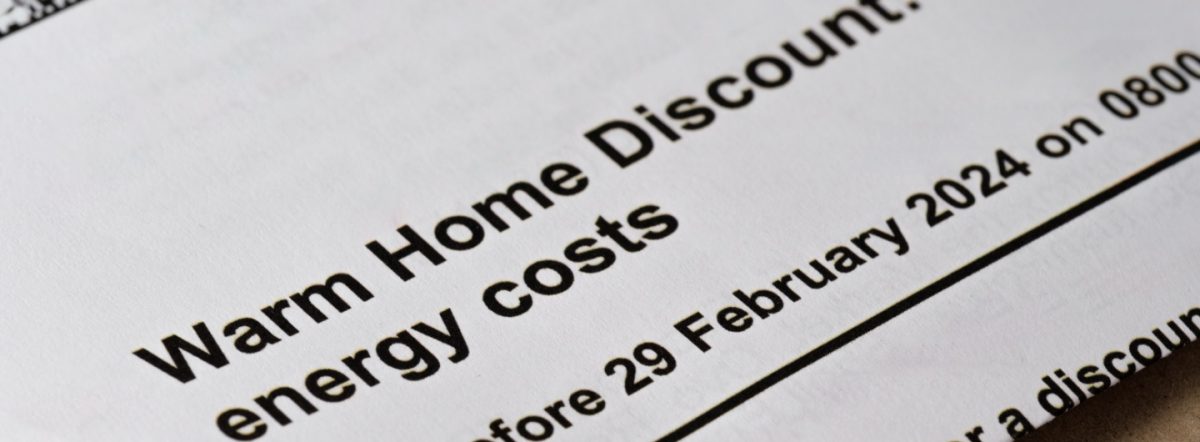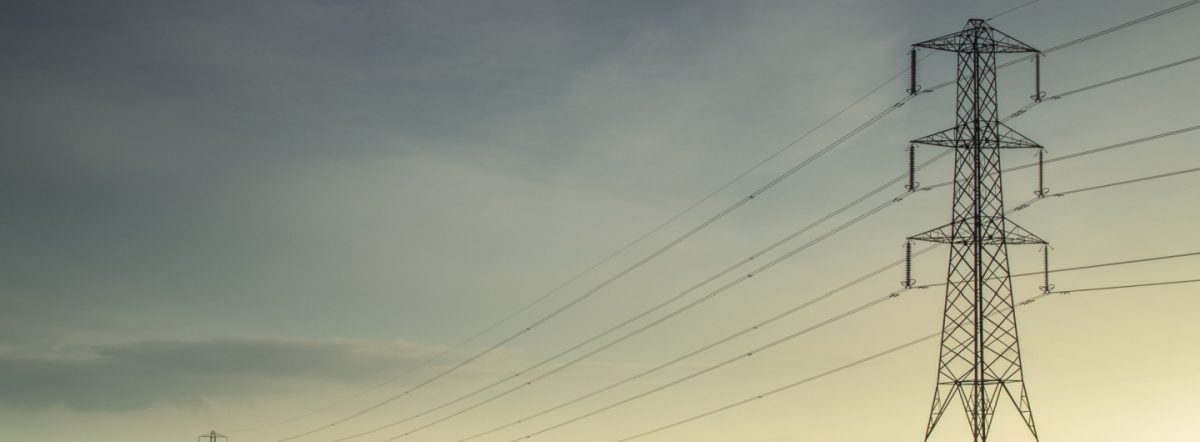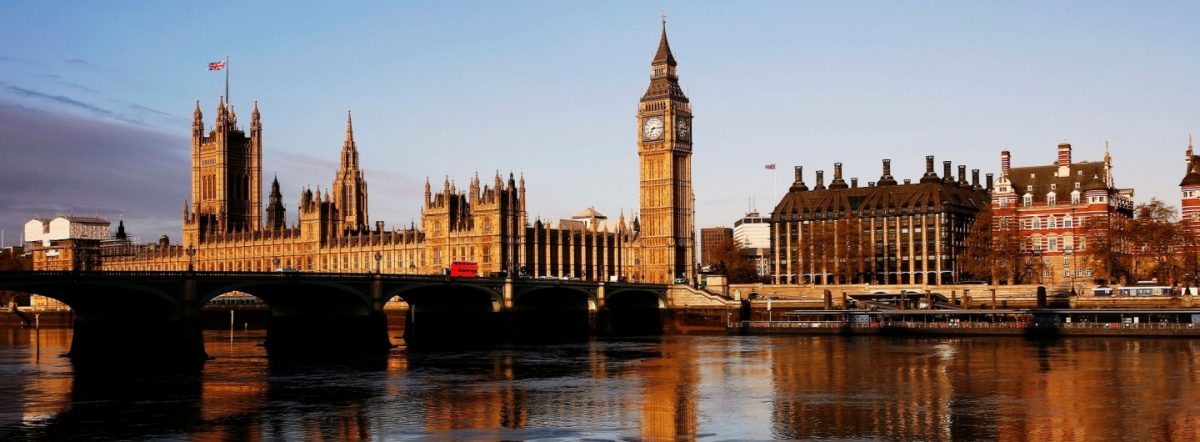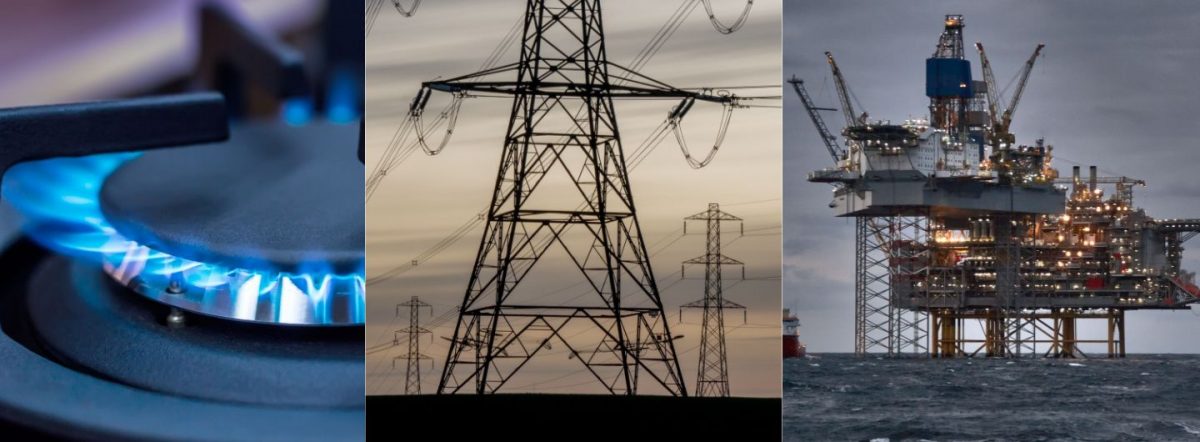New estimates predict that cuts to the winter fuel payment could lead to increased costs to the NHS. [1]
The analysis, first reported in the Daily Express, suggests that in 2024, the total cost to the NHS for treating pensioners in cold, damp homes may reach at least £1.5bn a year, with c.2.3m older people living in poor housing conditions.
Within these figures, an estimated 262,000 pensioners will live in cold damp homes due to the decision to axe winter fuel payments. This alone could cost the health service more than £169m a year, the research suggests.
The news comes as energy bills are set to increase for all households by 10% from 1 October.
This will leave the average household paying around 65% more for their energy than in winter 2020/21 and comes on top of years of the wider cost of living crisis, meaning households have less ability to pay these high prices. Energy debt has now hit £3.7bn according to Ofgem figures published last week.
For pensioners who previously had winter fuel payments, but now miss out, energy prices will seem higher than at any point in their lives. Those missing out on Winter Fuel Payments this year include 1.2m pensioners in absolute poverty and 1.6m disabled older people.
As personal finance experts point out, the increase in the triple lock does not replace the winter fuel payment and Uswitch.com estimate 752,000 older people will not use heating at all this winter.
Among the wider public, National Energy Action has calculated that around half of households will be rationing their energy use.
A spokesperson for the End Fuel Poverty Coalition commented:
“We’re now heading into the fourth winter of sky high energy prices, meaning the average household will have paid more than £2,500 extra for their energy than had we not been so exposed to volatile energy markets.
“For older people who previously received the winter fuel payment, but will no longer do so under the Chancellor’s new rules, the situation is even worse.
“The long term way to reduce the costs to the NHS of people living in cold damp homes is to improve insulation and ventilation of buildings as well as stabilise energy costs by getting the country away from being hooked on volatile gas prices.
“But until the Government fully implements its positive plans in these areas, vulnerable households will continue to need financial support. That’s why the Winter Fuel Payments were so important, the money provided help for older households to stay warm each winter.
“Sadly, now more older people are expected to live in cold damp homes this winter and this puts them at greater risk of ill health, meaning the costs to the NHS will soar.”
Caroline Simpson, Warm This Winter campaign spokesperson added:
“This 10 percent price cap rise is yet another blow that households can ill afford, especially when energy companies are raking in billions in profits every week.
“People want to see a transition to renewables, they want to see an end to being reliant on unscrupulous gas giants which is leading to them having to choose between eating and heating and frankly that money needs to go back in people’s pockets.
“That’s why we are pleased this government is taking great steps to end the broken energy system they inherited, but they must also help households who simply cannot afford to continue paying 65% more than they were three years ago on energy bills and look at help such as a social tariff. If they’re looking at how to fund it, these profiteering energy companies would be a good place to start.”
Jan Shortt, general secretary of the National Pensioners Convention, said:
“The loss of the winter fuel allowance for the majority of older people clearly puts them at risk. It is a known fact that older people require warmth and a stable temperature to maintain their health.
“Living in cold, damp homes heightens the risk of strokes, heart disease, respiratory conditions and generally harms the rest of the body.
It therefore follows that the risk of overwhelming the NHS in winter is high and the cost of dealing with the consequences of the Government decision will be felt throughout the NHS and care sectors.”
Age UK charity director Caroline Abrahams added:
“We’re hearing from older people worried about how they will cope without their winter fuel payment, including many on low and modest incomes who are planning to ration their heating this winter because they’re frightened how they’ll manage this winter.
“For an older person to be forced to live in a cold home is deeply worrying because it’s very bad for their health, especially if they are living with lung or heart conditions or are very frail.
“The consequences for them could be severe and we’re sure that we’ll see more older people going to hospital this winter as a result – the last thing they or the NHS needs.
“The Government must do more at the Budget to ensure pensioners can navigate the coming cold months safely and with their health intact, or the consequences will be felt by older people and the NHS.”
Morgan Vine, head of policy and influencing at Independent Age, warned that living in a cold and damp home can have “very serious implications” for OAPs:
“Many of the older people on a low income we speak to tell us they were already cutting back on heating before the announcement to means test the winter fuel payment.
“With the reality of now losing hundreds of pounds this winter, many have shared they will be making severe cutbacks including not turning the heating on at all.
“Others have told us they will reduce the amount they eat so they can turn the heating on for a few hours a day.
“It is unacceptable that people in later life are having to make dangerous sacrifices as we approach the colder months, and we are concerned that the demand for NHS services could increase as a result.”
ENDS
[1] Estimates and calculations available online in this pdf. The research was first reported in the Daily Express on 29/30 September 2024.










